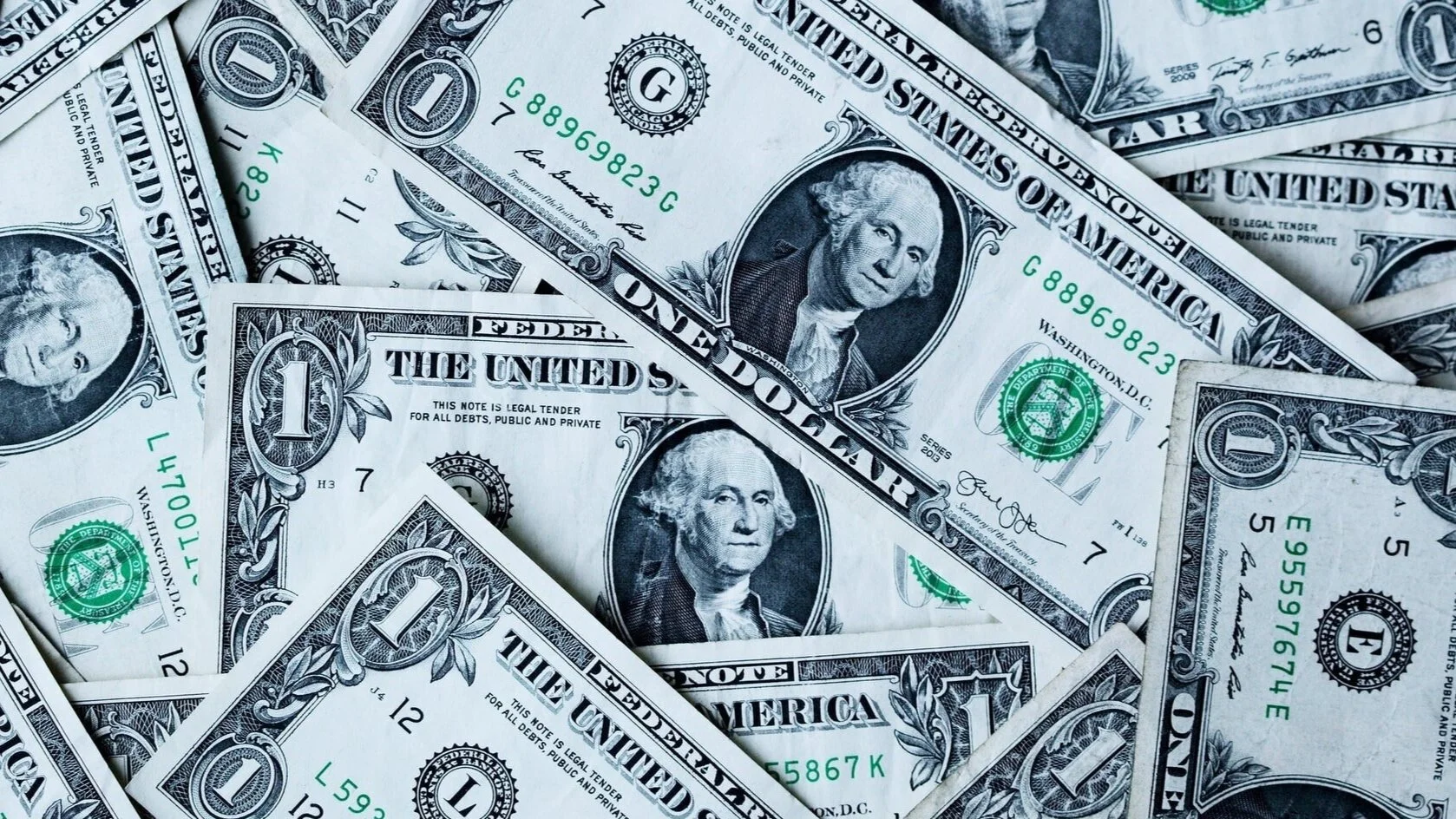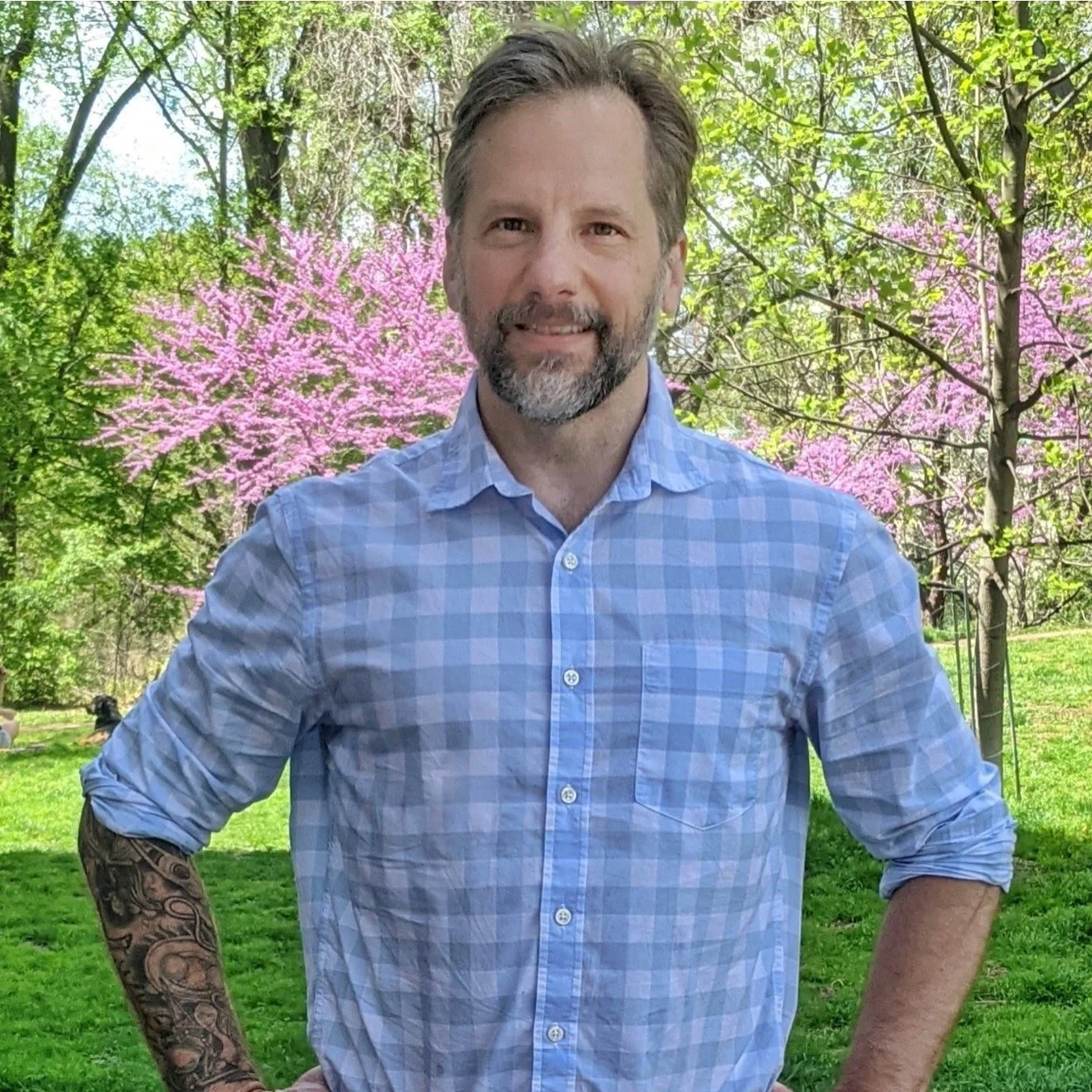New study shows money makes us happier... Sort of
In a perfect world, Financial Advisors would be in the happiness business, not the money accumulation business. What’s the point of money and security if it doesn’t lead to more well-being? It’s not a leap to say that Financial Advisors think they are making their clients happier or more satisfied somehow.
But there’s a research hole in our theory. You probably heard about the 2010 Princeton study that found happiness went up rapidly until about $75,000 in income (or $90,000 in 2021, which is somewhere just north of the 75th percentile for single incomes in 2020).
The happiness came largely from covering basic needs. Above that level there was no correlation between annual salary and reported happiness. This was widely reported in the media; Time, Wall Street Journal, and USA today to name a few.
My closeted Marxist and my inner Buddhist want to believe these findings. Many things other than money are important for happiness: cultivated social relationships, deep spiritual connections, body-mind health, and challenging/absorbing engagement are among the top factors. We focus too much on money.
But it also seems counter-intuitive. Sure, a person isn’t TWICE as happy making $200,000 a year versus $100,000 per year. And yes, I would expect that each additional dollar of income will produce incrementally LESS happiness. But NO additional happiness with more than $90,000 single income is hard to believe.
Matthew Killingsworth of Wharton published a paper in 2020 that showed what I would have expected. Money does make us happier, at least a little bit. And it keeps doing that as we accumulate more. Financial Planners everywhere were thrilled! (I wish. Not enough of us are focused on the well-being of our clients.)
He did so with better data, methodologies, and interpretation than the first study. The data was collected in real time (“How do you feel right now?) vs. historical (“overall, how satisfied are you with your life”), was more granular, and showed the scale logarithmically.
The catch is the diminishing returns we predicted above. Happiness gets damn expensive quickly. That person at $90,000 must earn nearly $500,000 a year to get the same benefits as the first $90,000.
It does reinforce that those initial levels of happiness are cheap! As the 2010 study confirmed, one gets a lot of happiness in that first 90k dollars we earn. My inner Marxist is still satisfied. Helping the poorest is a bargain.






